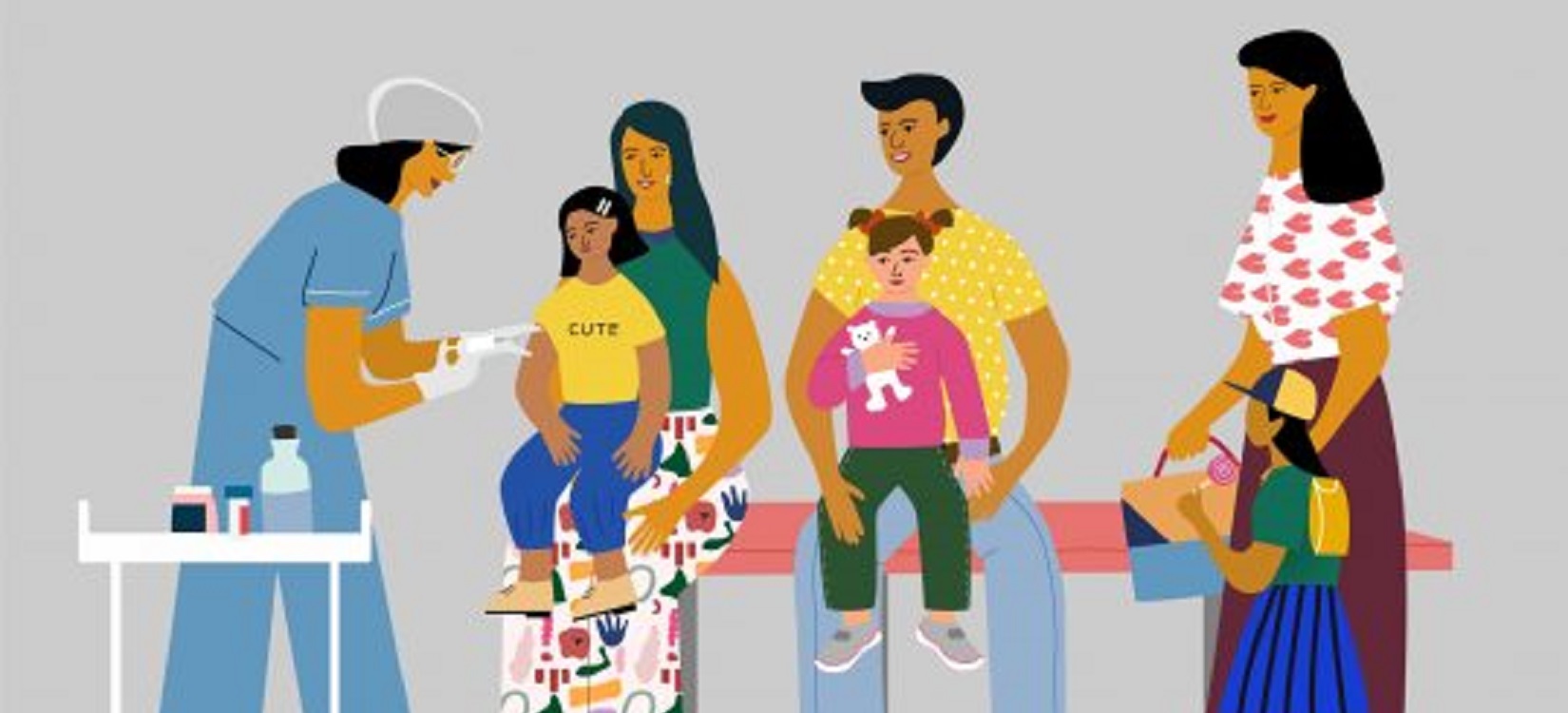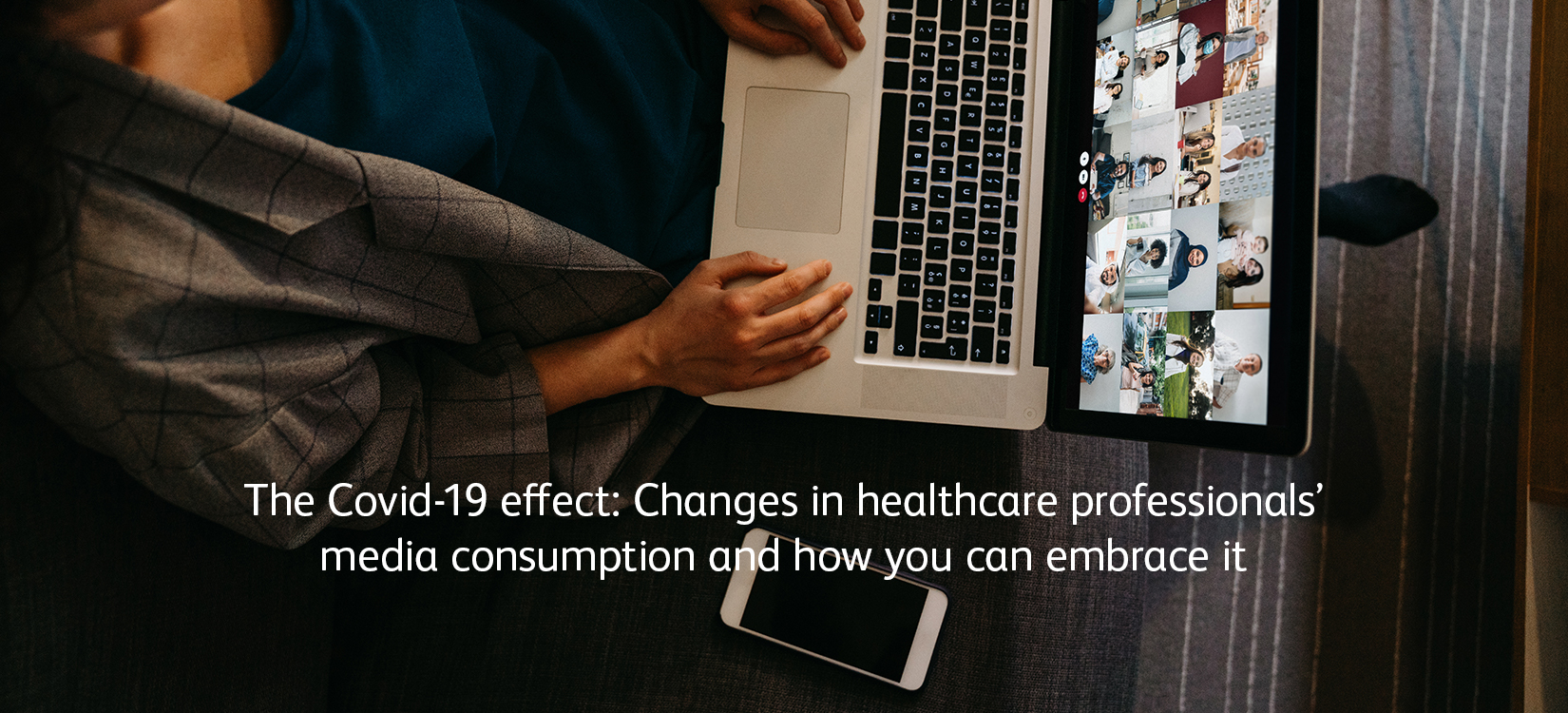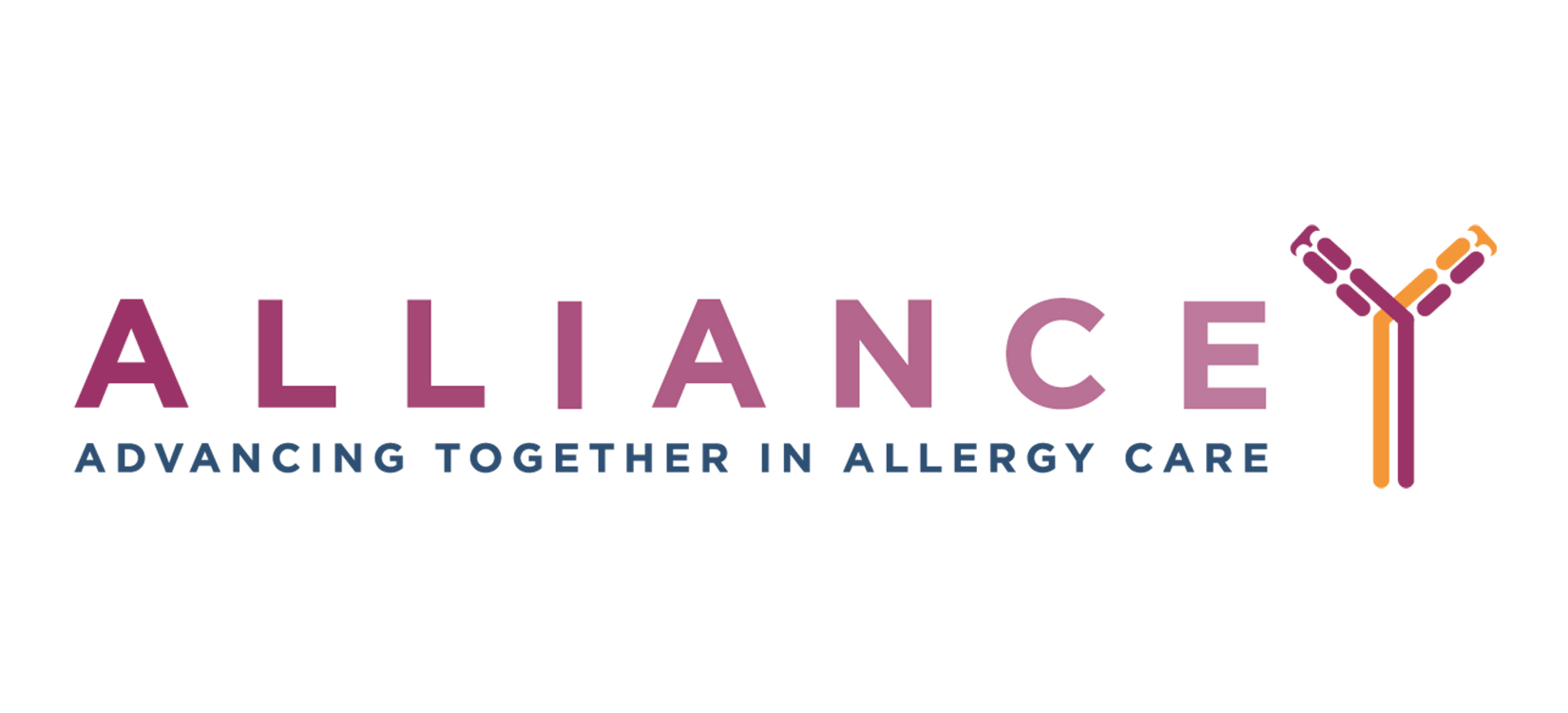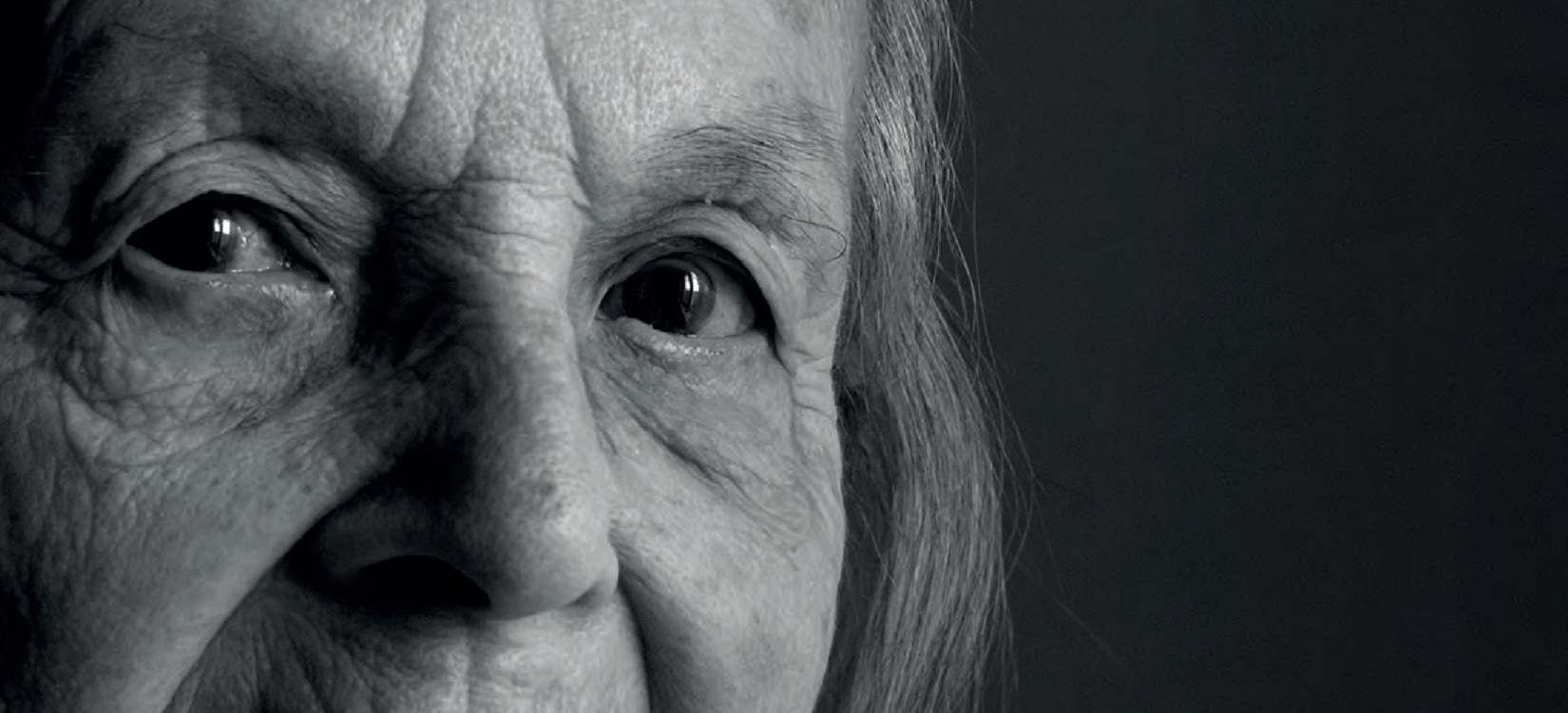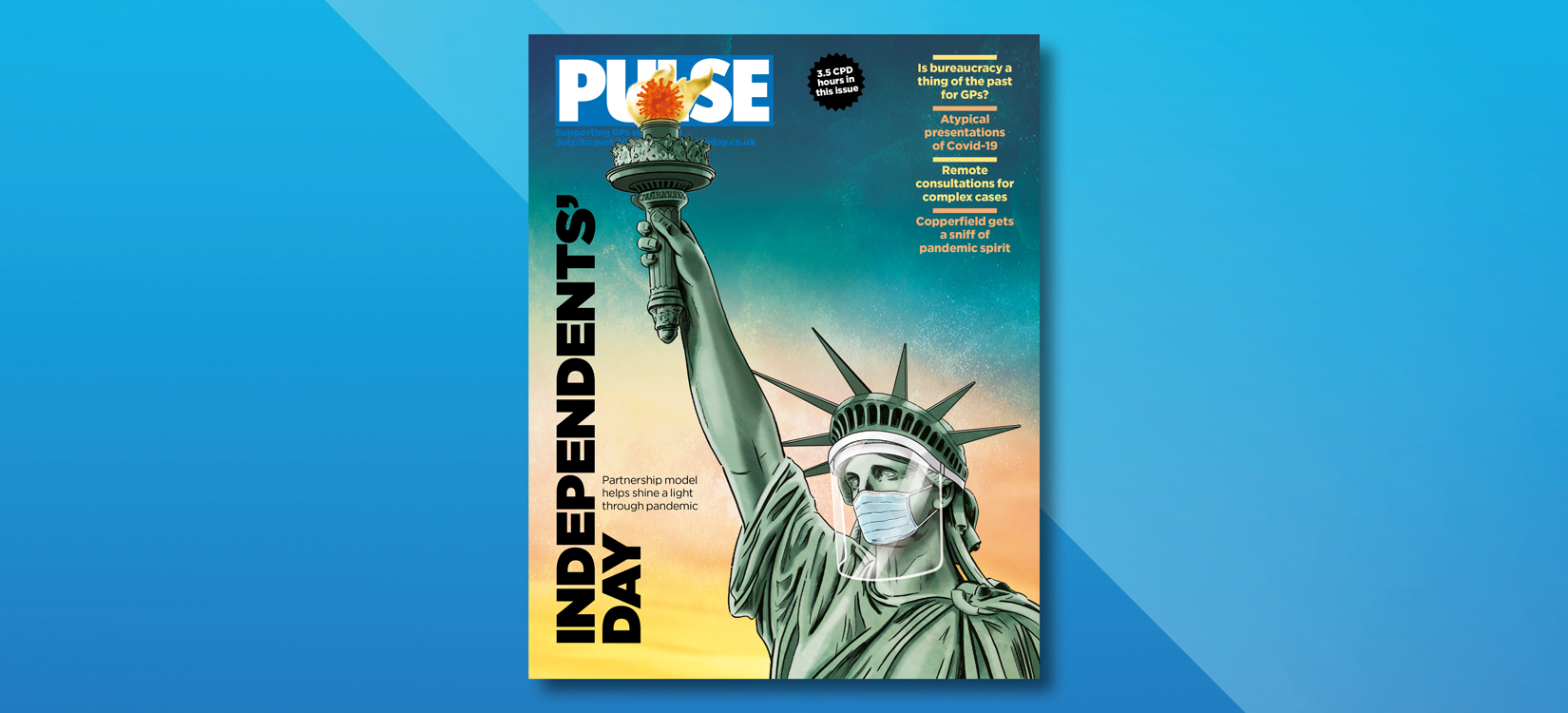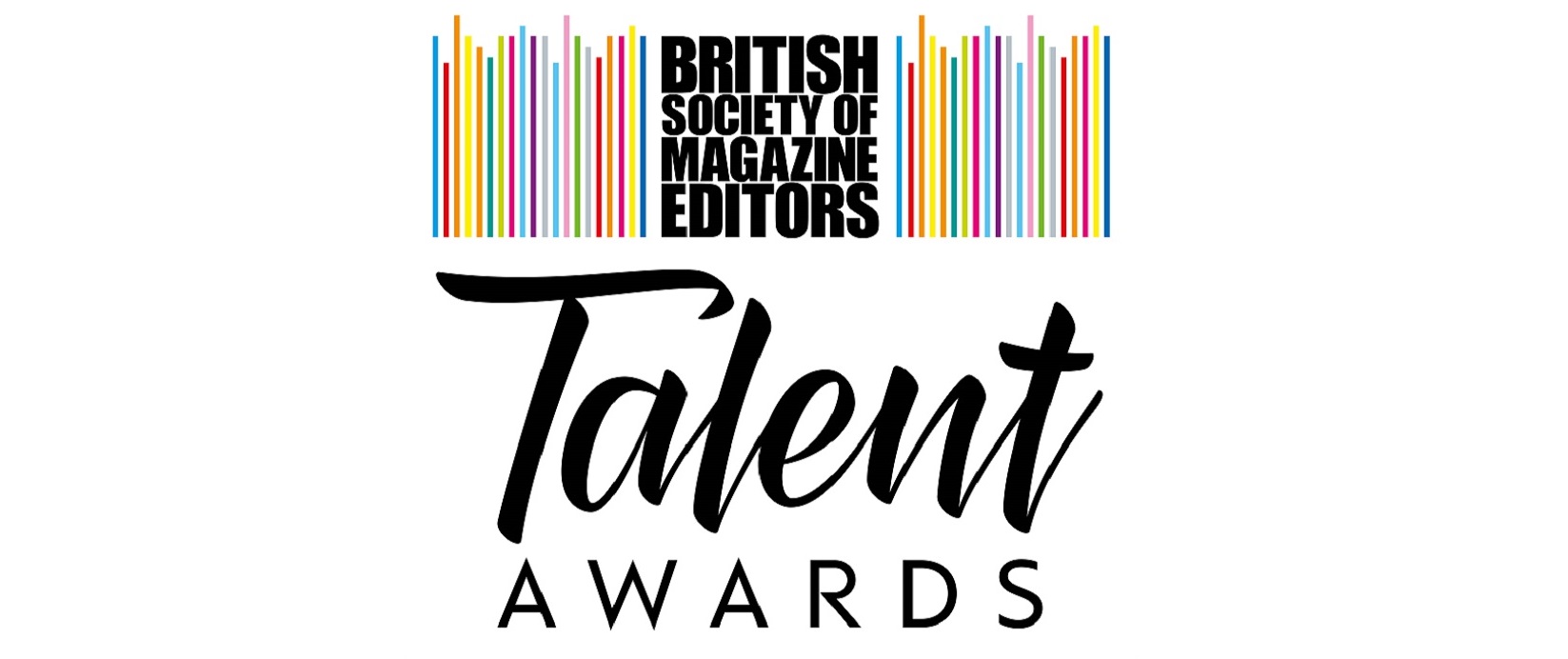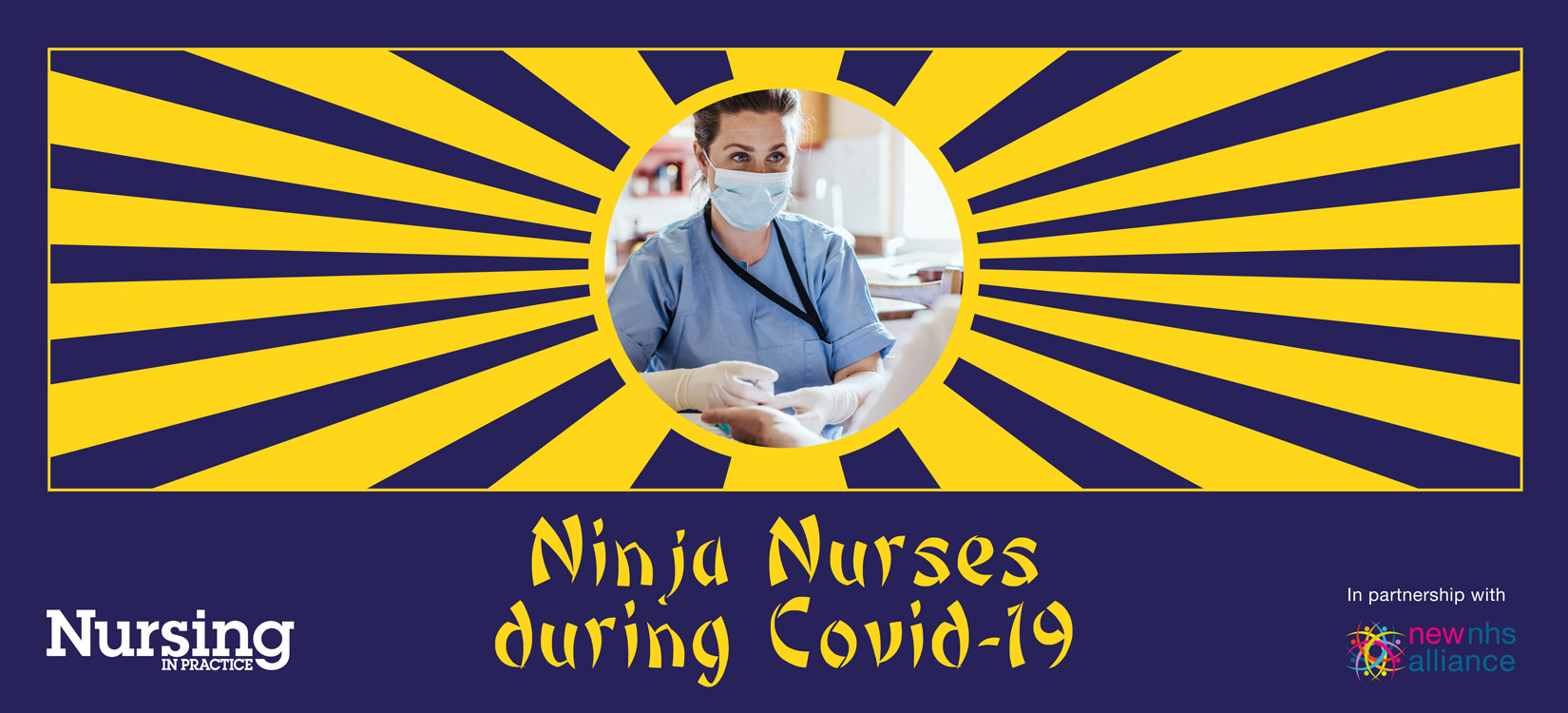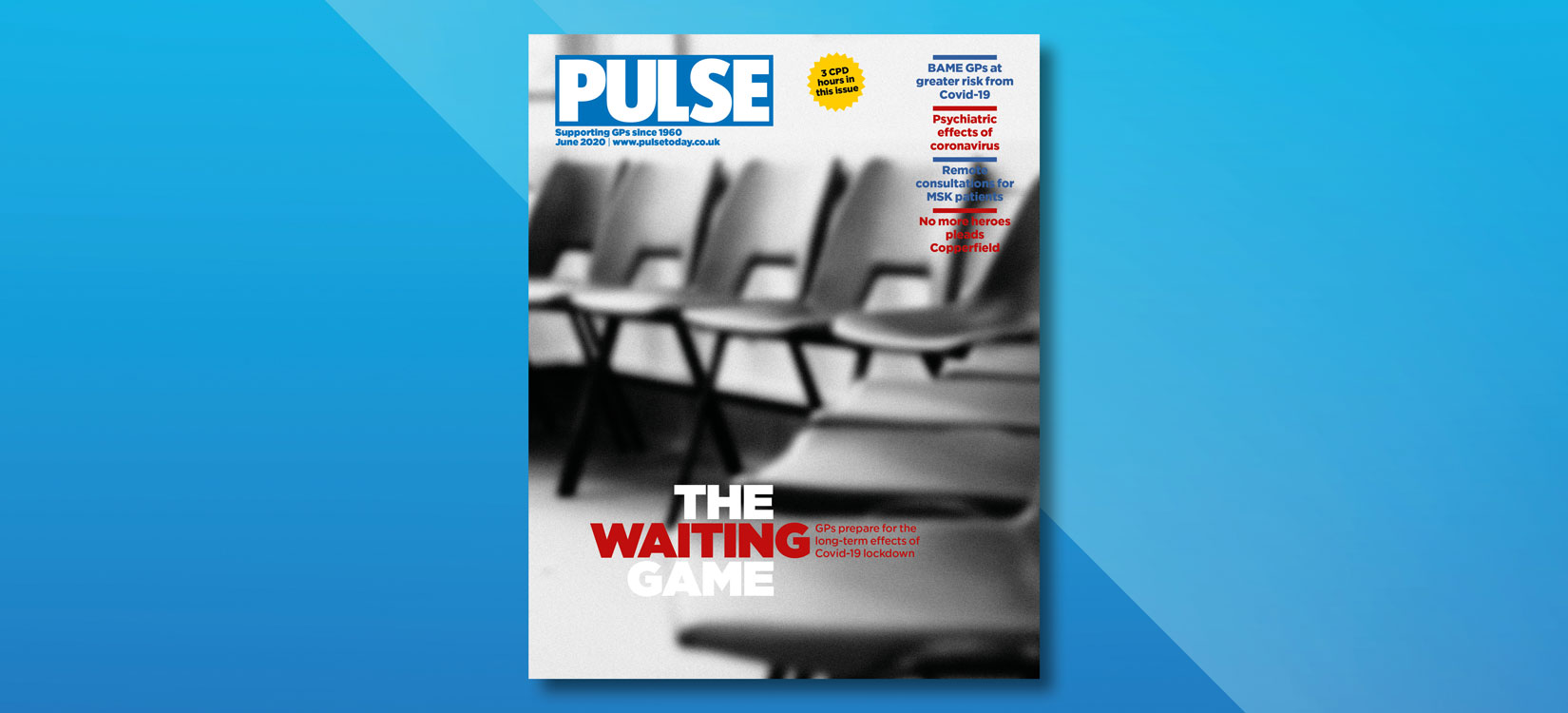This month Nursing in Practice uncovered just what an uphill battle nurses have to try and catch-up with routine work as services resume after the initial wave in the UK of Covid-19, in a major in depth piece.
Practice and community nurses are struggling to catch up with the back-log left by pausing services, including routine smear tests. Jo’s Cervical Cancer Trust estimates 600,000 smear tests have been missed across England, Wales and Scotland during lockdown.
One of the greatest concerns is the number of cancer cases that have been missed or diagnosed late. Practice and community nurses are helping to ensure people with cancer are diagnosed and treated, but this is now often being done when the disease is at a more advanced stage than would otherwise have been the case without Covid-19.
Content on our fresh-look website has continued to be popular, with cancer stories proving to be a particular subject of interest, along with the plans for a massive push to increase flu jabs in preparation for the winter and stories on respiratory conditions and Covid-19.
We continue to have many bleak stories about care homes and their particularly difficult time during the pandemic, and the Government’s apparent slow moves to help protect their staff and residents. To a lack of personal protective equipment to the slow delivery of tests, it does seem, as the Public Accounts Committee said this month that the Government had thrown care homes ‘to the wolves’.
But, on a more positive note, we had a compassionate piece on how important touch is for the well-being of older people this month, which people on Twitter said was reassuring at this time.
